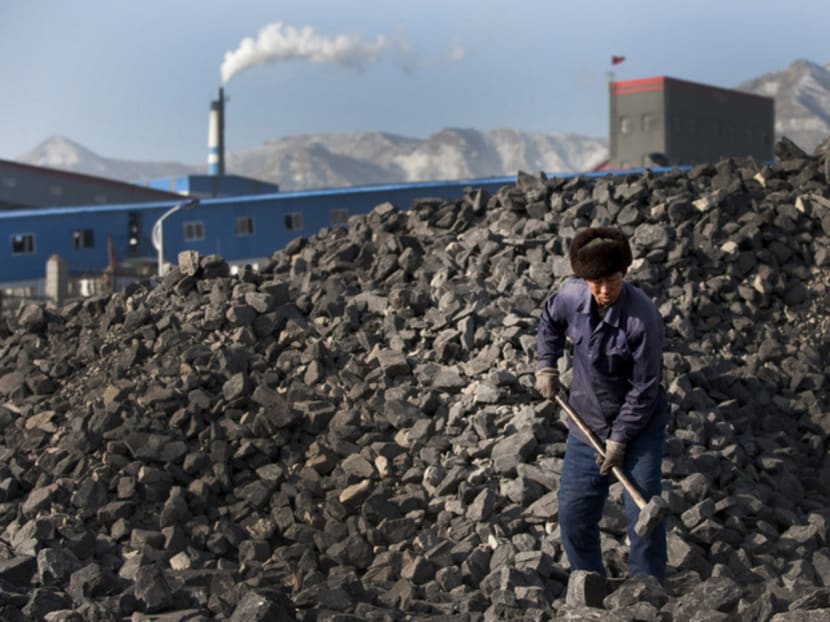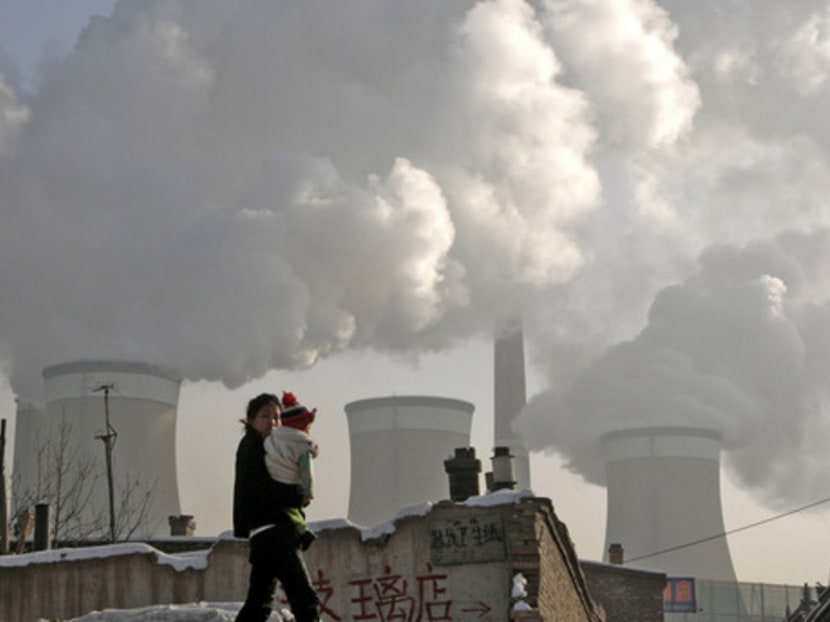China’s rising cancer rates a boon for foreign hospitals
BEIJING — One of China’s coal capitals, Datong, is paying for years of heavy, gritty pollution. Cancer rates are soaring in the northern city despite efforts to vanquish the smog, and the disease accounted for a third of deaths in 2012.


BEIJING — One of China’s coal capitals, Datong, is paying for years of heavy, gritty pollution. Cancer rates are soaring in the northern city despite efforts to vanquish the smog, and the disease accounted for a third of deaths in 2012.
By the end of the year, patients in this city bordering Inner Mongolia will get one of its province’s first privately-run, radiotherapy-equipped cancer hospitals, built by New York-listed Concord Medical Services Holdings.
A cancer epidemic is sweeping through China, and with the investment deep in the nation’s heartland, Concord joins a string of companies racing to reach the wave of patients.
There is a cancer diagnosis every 10 seconds in the world’s most populous country, and the disease has spawned an ecosystem of new businesses around the rising number of affluent Chinese willing to pay for the hope of life.
Foreign hospital groups like Mayo Clinic and Cedars-Sinai Medical Center are assessing opportunities.
Multinationals already on the ground — from Roche Holding to General Electric — are benefiting from rising demand for oncology drugs and devices. And firms specialised in providing patients with second opinions have sprung up.
“Chinese consumers are the engine of Asia and they care about cancer virtually more than anything else: Avoiding it, testing for it, treating it,” said professor of investment at Peking University Jeffrey Towson.
Overall cancer incidence in China has doubled over the past two decades fuelled by an ageing population, the lifestyle changes wrought by its economic boom, and a surge in pollution.
The country is now home to more cases than any other, and the World Health Organization estimates that it adds 3.07 million new ones annually.
Lung cancer is the most common type, and its prevalence is surging even as others such as stomach cancer that are associated with poverty level off.
Concord’s Datong investment shows how some companies are reshaping their operations to seek out potentially lucrative new opportunities in oncology.
The Beijing-based company has for years supplied imaging and radiotherapy equipment to state-run hospitals.
Encouraged by the Chinese government’s efforts to attract private investment to health care, the company has now begun setting up its own cancer facilities, planning as many as 10 a year.
“Cancer is a huge burden here and the government alone cannot fulfil the whole demand,” said chief investment officer Adam Sun.
For patients headed for treatment overseas, local companies like Shanghai-based Mega Healthcare provide translation, visa and travel services.
When the company noticed that some weren’t well enough to travel, it began selling “second opinions” that range from 10,000 to 30,000 yuan (S$6,561). The medical papers are despatched to specialists in the US, who study them and respond, or get on a video call, said Mr Nicky Jin, a director.
The Chinese government faces a dilemma: It has a shortage of oncologists and its decades-long one-child policy will leave it short of caregivers as the population ages.
The government has begun encouraging private investment in hospitals, sought to lower drug prices and encouraged insurance for critical illness.
Even so, “the public safety net has more holes than there’s rope”, especially in rural areas, said managing director of Seattle-based consultancy Rubicon Strategy Group Ben Shobert.
The newest, life-extending treatments are out of reach for most, who often have to make an excruciating decision between getting treatment or keeping their family’s finances afloat.
The health ministry didn’t answer calls seeking comment.
Top officials have in recent years laid out ambitious pollution and tobacco control plans. But coal still constitutes 65 per cent of China’s energy mix, and it will take decades for the country to cut its dependence on the fossil fuel. BLOOMBERG





